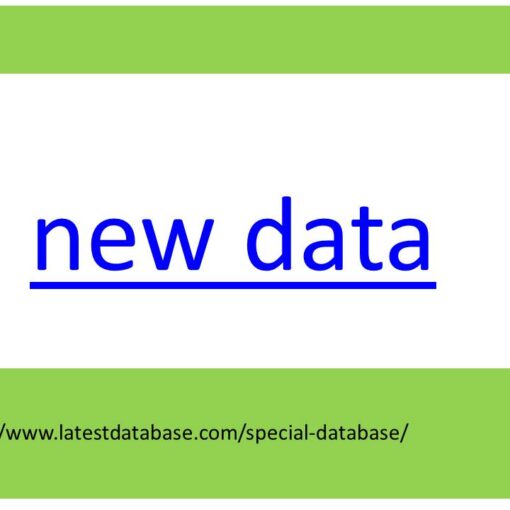In today’s rapidly evolving digital landscape, data has become the lifeblood of numerous industries. Companies and organizations rely on data-driven insights to make informed decisions, optimize processes, and gain a competitive edge. With the increasing volume and complexity of data, the need for specialized databases has emerged, offering powerful tools to unlock the full potential of information. Specialized databases are designed to cater to specific domains, allowing for efficient storage, retrieval, and analysis of data. Unlike traditional relational databases, these specialized counterparts offer unique features and capabilities tailored to meet the specific requirements of industries such as healthcare, finance, logistics, and more.
By focusing on specific domains these databases
Can provide enhanced functionality, performance, and security. One of the notable advantages of specialized databases is their ability to handle vast amounts of Special Database structured and unstructured data. For instance, in the healthcare industry, where patient data is crucial, specialized databases offer advanced data models and indexing techniques to store and retrieve patient records quickly and accurately. This enables healthcare providers to access critical information, such as medical histories, diagnoses, and treatments, with ease, leading to improved patient care and outcomes. Furthermore, specialized databases often incorporate domain-specific algorithms and analytical tools. For financial institutions, this means advanced fraud detection algorithms that can quickly identify suspicious transactions, protecting both the organization and its customers from fraudulent activities.
Similarly in the field of logistics specialized databases equipped
With route optimization algorithms can streamline supply chain operations, reducing costs and improving delivery efficiency. Another key benefit of specialized America Phone Number databases is their robust security measures. Industries dealing with sensitive data, such as government agencies or financial organizations, require high levels of data protection. Specialized databases provide built-in security features, including data encryption, access controls, and auditing mechanisms, ensuring that confidential information remains secure from unauthorized access or cyber threats.
Moreover, specialized databases often offer scalability and performance optimizations specific to their respective domains. For example, in the e-commerce industry, where real-time inventory management and personalized recommendations are essential, specialized databases enable fast and efficient querying, enabling businesses to provide a seamless shopping experience to their customers.





